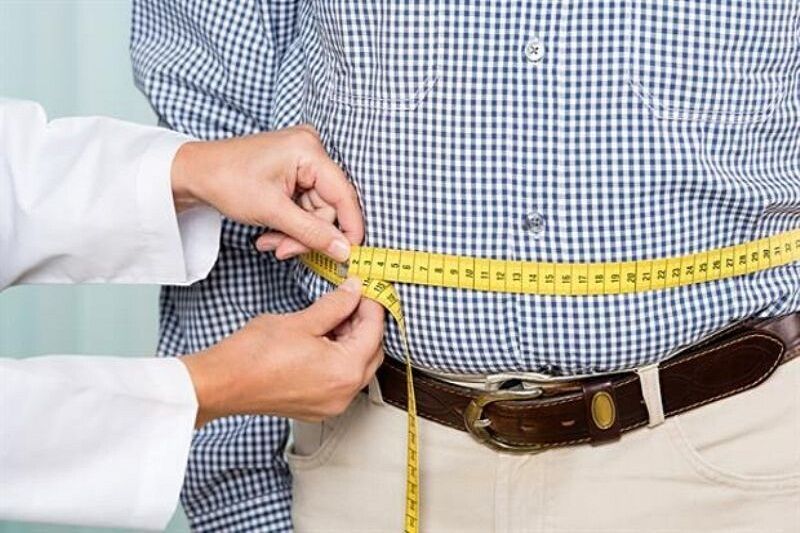Study Finds Unsweetened Coffee is Linked to Weight Loss
Scientists say that coffee consumption can be a healthy habit.
Drinking moderate amounts of coffee has been linked to lower rates of a range of health conditions, including type 2 diabetes and cardiovascular diseaseTrusted Source.
Now, we may be able to add another benefit to the list. A study published October 1 in The American Journal of Clinical Nutrition reports that drinking coffee is associated with weight loss. However, there is one catch — it must be drunk unsweetened.
Studying the link between coffee and weight loss
The study authors noted that coffee is often consumed along with sugar, artificial sweeteners, cream, or non-dairy creamers.
The researchers wanted to investigate the relationships between how much coffee people drank, how much caffeine they consumed, and how their weight changed when considering what they added to their coffee.
They found that an increase in coffee consumption of one cup of unsweetened coffee was linked to a decrease in weight of around 0.12 kilograms (0.26 pounds).
On the other hand, when people increased their daily sugar intake by one teaspoon in any food or drink, they gained 0.09 kilograms (0.20 pounds).
Cream and non-dairy creamer did not appear to have any effect on weight.
The research team additionally noted that changes in coffee or sugar intake had a stronger effect on weight in both overweight and obese individuals and in younger people.
They further found that caffeine also affected weight.
Based on on their findings, the scientists concluded that, while increased coffee intake helped people lose weight, adding a teaspoon of sugar canceled out the effect.
Why drinking unsweetened coffee might affect weight loss
One is its thermogenicTrusted Source effect. “Caffeine, a key component of coffee, is known to stimulate thermogenesis, which is the process by which the body generates heat and burns calories,” she explained. “This thermogenic effect can increase energy expenditure.”
A second way coffee might impact weight is through suppressing appetite. “Caffeine has been shown to have appetite-suppressing properties, which may reduce overall caloric intake,” she said.
A third property of coffee to look at, according to Gulick, is its metabolic effects. “Coffee contains bioactive compounds, such as chlorogenic acids aTrusted Sourcend polyphenols, that have been linked to metabolic benefits, including improved insulin sensitivity and glucose metabolism,” she said. “These effects could potentially influence body weight regulation and contribute to weight loss.”
A fourth way coffee may influence weight loss, said Gulick, is through enhancing physical performanceTrusted Source. “Caffeine has been shown to improve endurance and physical performance,” she observed.
What health risks to consider if you are increasing your coffee intake
Dr. Alex Foxman, medical director of Achieve Health and Weight Loss, said that, while coffee has many health benefits, it may also have adverse effects on some people.
“For example, coffee can cause insomnia, anxiety, jitteriness, palpitations, and gastrointestinal distress in some individuals,” he said,” especially those who are sensitive to caffeine or consume large amounts of it.”
Foxman further noted that coffee can interact with medications and supplements, including anticoagulants, antidepressants, iron, and calcium.
“Therefore, people who increase their coffee intake should consult their doctors if they have any medical conditions or take any medications that may be affected by coffee,” he advised. “They should also monitor their caffeine intake and avoid drinking coffee too close to bedtime or on an empty stomach.”





ارسال دیدگاه
مجموع دیدگاهها : 0در انتظار بررسی : 0انتشار یافته : ۰